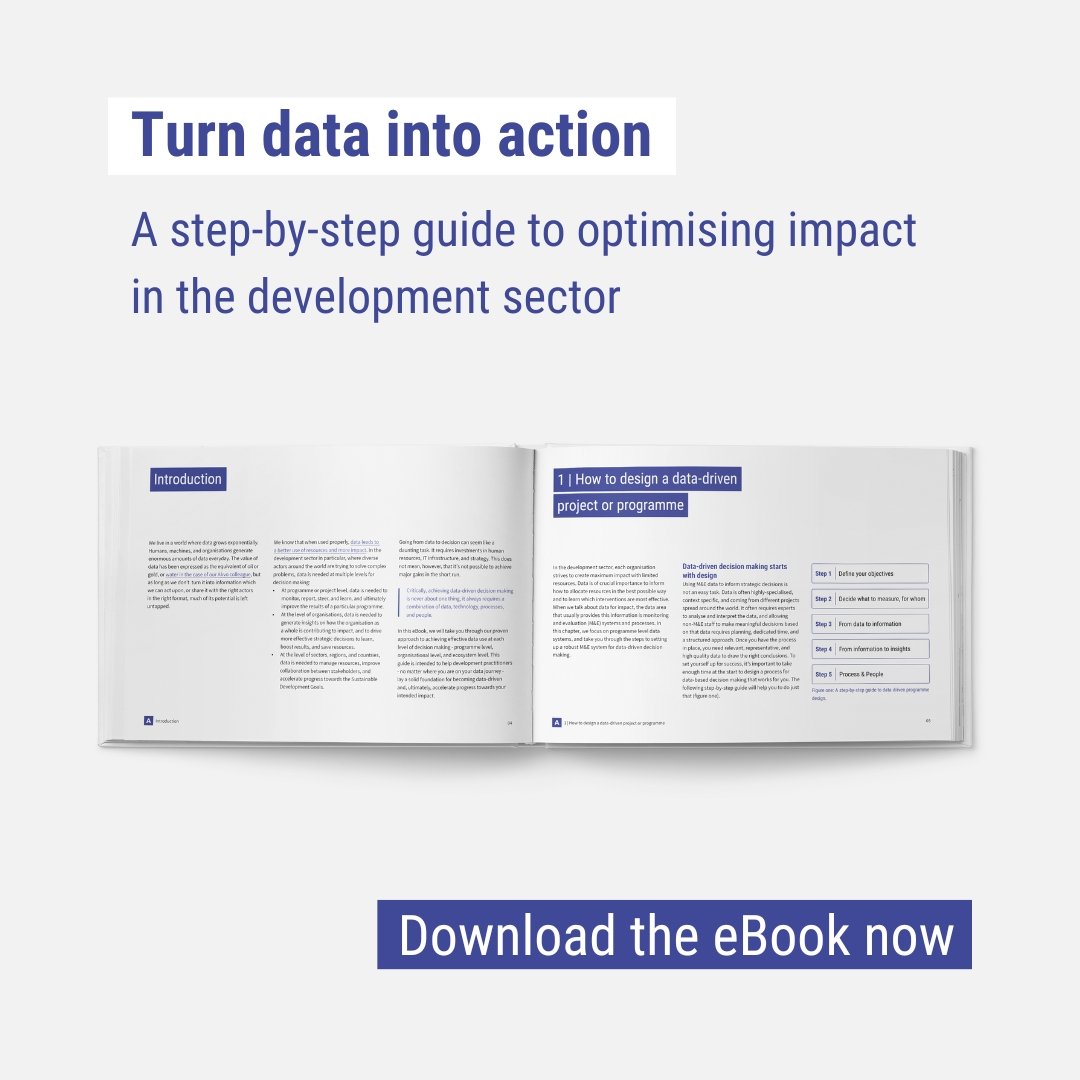Building open tech for public good
- 4 November 2025
This blog was co-authored by Guillaume Deflaux. Around the world, communities are grappling with intensifying droughts, growing water scarcity, and increasingly unpredictable weather patterns. These crises threaten food security, strain local economies,[…]
Smart data tools paving the way to close living income gaps
- 30 October 2024
Ground truth: The missing link in carbon credit initiatives
- 19 December 2023
Steering on impact: beyond the buzzword
- 19 July 2022
Data is the new water
- 19 May 2022


